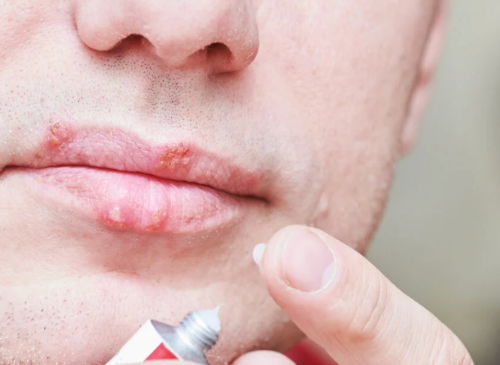
Related searches

What Is NASH Medical Condition
NASH, or Non-Alcoholic Steatohepatitis, is a type of Non-Alcoholic Fatty Liver Disease (NAFLD) characterized by inflammation and damage in the liver due to the accumulation of fat. Unlike simple fatty liver disease, NASH can progress to more serious conditions, including liver fibrosis, cirrhosis, and hepatocellular carcinoma (HCC). NASH is closely associated with metabolic syndrome, obesity, insulin resistance, and type 2 diabetes, making it a significant public health concern.
NAFLD NASH HCC
NAFLD encompasses a spectrum of liver conditions ranging from simple steatosis (fat accumulation) to NASH and ultimately to HCC, which is a primary form of liver cancer. The progression from NAFLD to NASH involves increased inflammation and liver cell injury, which can lead to fibrosis (scarring) and cirrhosis over time. HCC is a severe consequence of advanced liver disease and underscores the importance of early detection and management of NASH to prevent life-threatening complications.
NAFLD And NASH
While NAFLD and NASH are related, they represent different stages of liver disease. NAFLD refers to the presence of excess fat in the liver without significant inflammation or liver damage. In contrast, NASH involves both fat accumulation and inflammation, which can result in liver cell injury and fibrosis. Not all individuals with NAFLD will develop NASH, but those with NASH are at a higher risk of progressing to more severe liver conditions. Understanding the distinction between these two conditions is vital for appropriate treatment and prevention strategies.
How To Diagnose NASH
Diagnosing NASH typically involves a combination of medical history evaluation, physical examination, blood tests, imaging studies, and sometimes liver biopsy. Common diagnostic steps include:
Blood Tests: Elevated liver enzymes (ALT and AST) can indicate liver inflammation.
Imaging Studies: Ultrasound, MRI, or FibroScan can assess liver fat and fibrosis.
Liver Biopsy: The most definitive method for diagnosing NASH, it involves examining a small sample of liver tissue under a microscope to assess inflammation and damage.
Early diagnosis is essential for managing NASH effectively and preventing its progression to more severe liver diseases.
NASH Liver Disease Management
Managing NASH involves a multifaceted approach aimed at reducing liver fat, controlling inflammation, and preventing fibrosis. Key management strategies include:
Lifestyle Modifications: Weight loss through a combination of diet and exercise is the cornerstone of NASH management. Even a modest weight reduction can significantly improve liver health.
Medications: While there are no FDA-approved medications specifically for NASH, certain drugs can help manage associated conditions like diabetes and high cholesterol.
Monitoring and Regular Check-Ups: Regular monitoring of liver function and fibrosis progression is essential for timely intervention.
Addressing Comorbid Conditions: Managing obesity, insulin resistance, and metabolic syndrome is crucial for overall health and preventing NASH progression.
Early and sustained intervention can halt or even reverse the progression of NASH, highlighting the importance of proactive management.
How To Treat Nasal Polyps At Home
While NASH primarily concerns liver health, addressing other health issues like nasal polyps can enhance overall well-being. Nasal polyps are non-cancerous growths in the nasal passages or sinuses that can cause breathing difficulties, congestion, and reduced sense of smell. Here are some home treatment methods:
Saline Nasal Rinses: Regularly using a saline solution can help reduce nasal congestion and remove irritants.
Steam Inhalation: Inhaling steam from a bowl of hot water can soothe irritated nasal passages and reduce polyp size.
Humidifiers: Adding moisture to the air can prevent nasal passages from drying out and reduce irritation.
Over-the-Counter Medications: Decongestants and nasal corticosteroid sprays can help alleviate symptoms, but should be used as directed.
Avoiding Irritants: Reducing exposure to allergens, smoke, and other irritants can prevent polyp growth and flare-ups.
If nasal polyps persist or cause significant discomfort, consulting a healthcare professional is recommended for further evaluation and treatment options.
How To Diagnose NASH
Accurate diagnosis of NASH is critical for effective management. Beyond initial tests, healthcare providers may use advanced diagnostic tools to confirm the presence.








